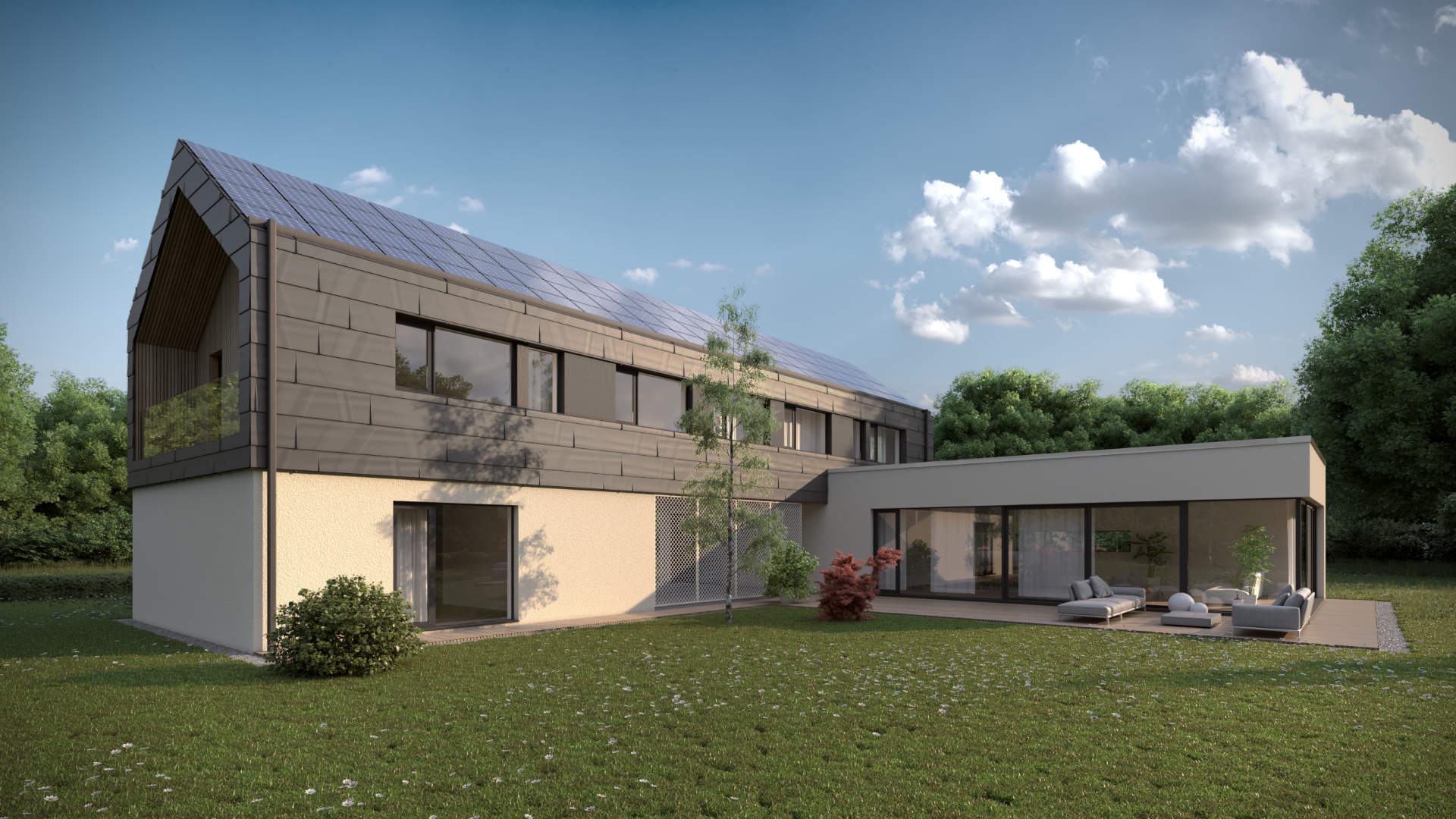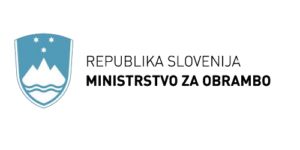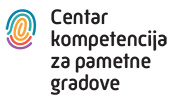Custom Development and R&D
Research and Development Projects
At Smartis, we’re dedicated to impactful innovation through our extensive experience in domestic and international R&D projects. We excel in funding and managing projects with diverse partners, blending project and product management to meet client needs while anticipating future demands.
Our approach to project management involves detailed planning, execution, and monitoring to ensure projects are completed on time, within budget, and to the desired quality standards. Meanwhile, our product management strategy focuses on understanding user needs, market trends, and technological advancements to develop innovative products that provide long-term value to our clients.
Smartis joined a consortium with 12 Slovenian companies, including Marles Hiše Maribor, Petrol, Gorenje, Alples, ETI, Danfoss Trata, JUB, Helios, TBPLUS, Intectiv, Robotina, Smartis, and Špica International.
The project aimed to innovate 24/7 home living and exhibit smart building solutions. Set at Marles Hiše Maribor, it enabled remote work, energy supply, and mobility support.
Solar-powered and self-sufficient, the facility used high-quality materials and controlled ventilation. Equipped with smart devices, it employed BIM technology for efficiency, monitored by a digital twin.
Project duration: May 2019 – April 2022
Project value: EUR 15,852,230.22
EU co-financing: EUR 4,988,110.12
Project presentation: https://dom24h.si/



The investment is co-financed by Republic of Slovenia and the European Union from the European regional development fund.
Project NOMAD (NOvel energy storage technologies usable at MilitAry Deployments in forward operating bases). NOMAD project will comprehend both components and system integration analysis, using the results and requirements to define a guideline recommendation for the energy storage systems and their integration.
It is powered using Smart Twin.


Our platform ensures a faster response time in case of problems or incidents.
Moreover, it aids in monitoring the carbon footprint of your location, contributing to environmental sustainability.
HibroM (Hybrid Mobile Microgrids for Deployable Camps) is an innovative project aimed at creating an advanced integrated system. The objective is to efficiently set up operational, intelligent, and well-managed microgrids in challenging field environments.
It is powered using Smart Twin.


WINE-PRO (Digital twin for WINE fermentation PROcess optimization) project is an interdisciplinary cooperation approach to apply, consolidate and deploy a digital twin technology to the wine sector with a new system deployment in Puklavec Family Wines company. The main development goal of the WINE-PRO project is fermentation process optimization with correlation to the carbon footprint of wine products.
This project has received funding from the European Union’s i3 programme under grant agreement No 101083989. This project reflects the views of the author and the European Union is not responsible for any use that may be made of the information it contains.
It is powered using Smart Twin.

The Center of Competence for Smart Cities was a three-year national project, Croatia’s largest in information and communication solutions, aimed at enhancing citizen quality of life. It promoted systematic and innovative city development, resource management, and service delivery via new technologies. This boosted citizen and visitor well-being, facilitated smart decision-making, and improved planning efficiency. It prevented wasteful public spending and ensured quality public goods and services. Additionally, it fostered data-driven problem-solving and citizen participation. The project fostered a flexible, citizen-focused, investment-attracting smart city model. CEKOM involved an innovation cluster partnership uniting economic entities and research institutions for smart city R&D. Its aim was to address urban challenges like transportation, energy, ecology, and infrastructure, with 20 partners working towards making Rijeka Croatia’s smartest city.
Duration: March 2020 – February 2023
Project value: 149,6 mio HRK (~ 20 mio EUR)
EU co-financing: 95,4 mio HRK (~ 13 mio EUR)

The digital transformation of the ELES value chain through the implementation of advanced digital technologies and open innovation – connecting eight consortium partners. The goal is the development of digital solutions, integration, and implementation of innovative technologies that will digitize all major business processes of the company ELES. Within the project, Smartis is developing advanced solutions to increase the cybersecurity of the company both in the OT and IT segments.